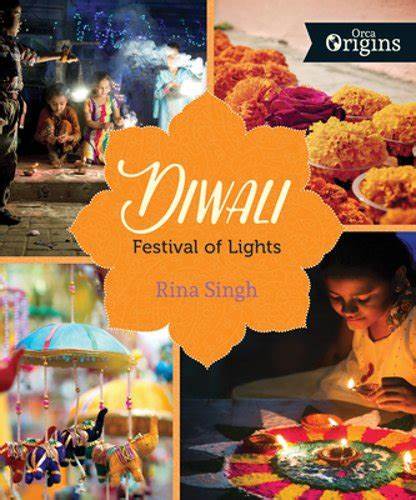When I was a child growing up in India, Diwali was not only the most important festival and lasted the longest, but it was also my favorite. The word Dinali comes from the Sanskrit words deepra, meaning “light,” and vali, meaning “row.”
A row of lights. That’s how I remember the festival–as an endless row of lights.
There was something magical about Diwali–the lights, the shopping, the sparklers, the fireworks and the mithai, the sweets that gave me a sweet tooth. Schools closed down for ten days before Diwali and we felt the excitement in the air.
My favorite memory is watching my mom pour mustard oil into diyas, or oil lamps made of clay, and arrange cotton wicks in them. She then sent them in large platters called thaalis that I eagerly carried to my father. I stood by his side as he lit the diyas and placed them around the house. After that I would stand back and let myself be dazzled by the lamps lighting up the darkest night of the month.
Then we all gathered in my mom’s puja, or prayer room, to offer prayers to Lakshmi, the goddess of wealth. The room also had pictures of the Sikh gurus, or spiritual teachers. My mother is Hindu and my father is Sikh. Sikhs believe in one god, and Hindus worship millions of gods and goddesses. No one told me to pray to any god in particular. I just prayed because everyone around me did. It didn’t occur to me to question if we were celebrating a Hindu Diwali or a Sikh Diwali. It was just Diwali.
Then I grew up, got married and moved to Canada in 1980. For many years after leaving India, Diwali lost its luster. Friends took turns hosting Diwali dinner and that was it. No lights, no sparklers, no prayers. Years passed.
One day, my daughter Amrita, who was in grade one at the time, came home and asked me, “Mom, what is Diwali?” Her question made me realize what I had left behind and what I could lose if I didn’t make changes. Ever since that day I have celebrated Diwali with such devotion that even my non-Indian friends and their children have grown to love the festival.
Comprehension Questions
1. Which two cultures do the author's parents come from?
A. Christian and Jewish
B. Hindu and Muslim
C. Hindu and Sikh
A. Her mother is a vegetarian and her father isn't.
B. Her mother needs a church to worship and her father doesn't.
C. Her mother worships many gods and goddesses, and her father worships one god.
Your Thoughts
Vocabulary
4. List any vocabulary words below.

